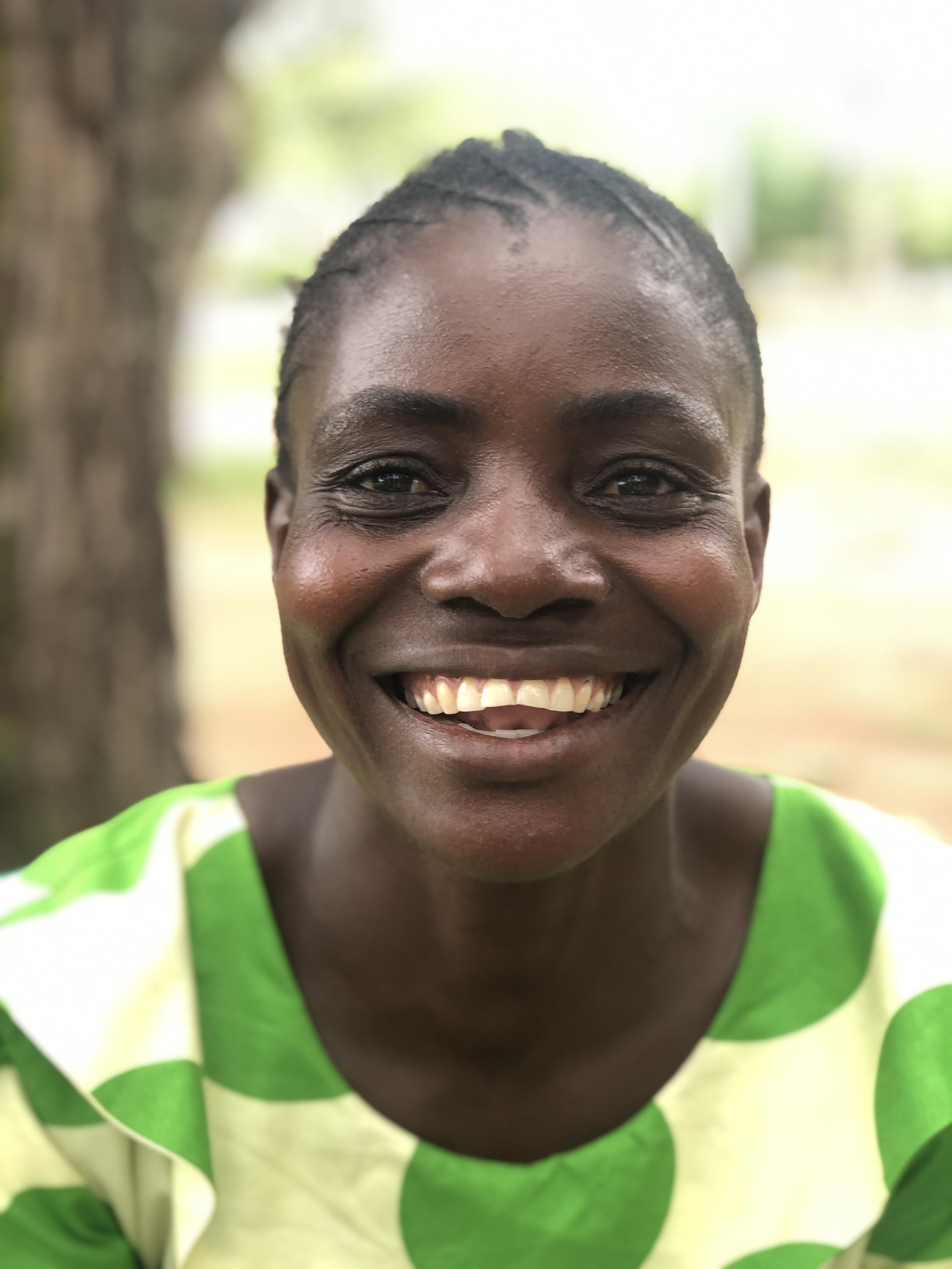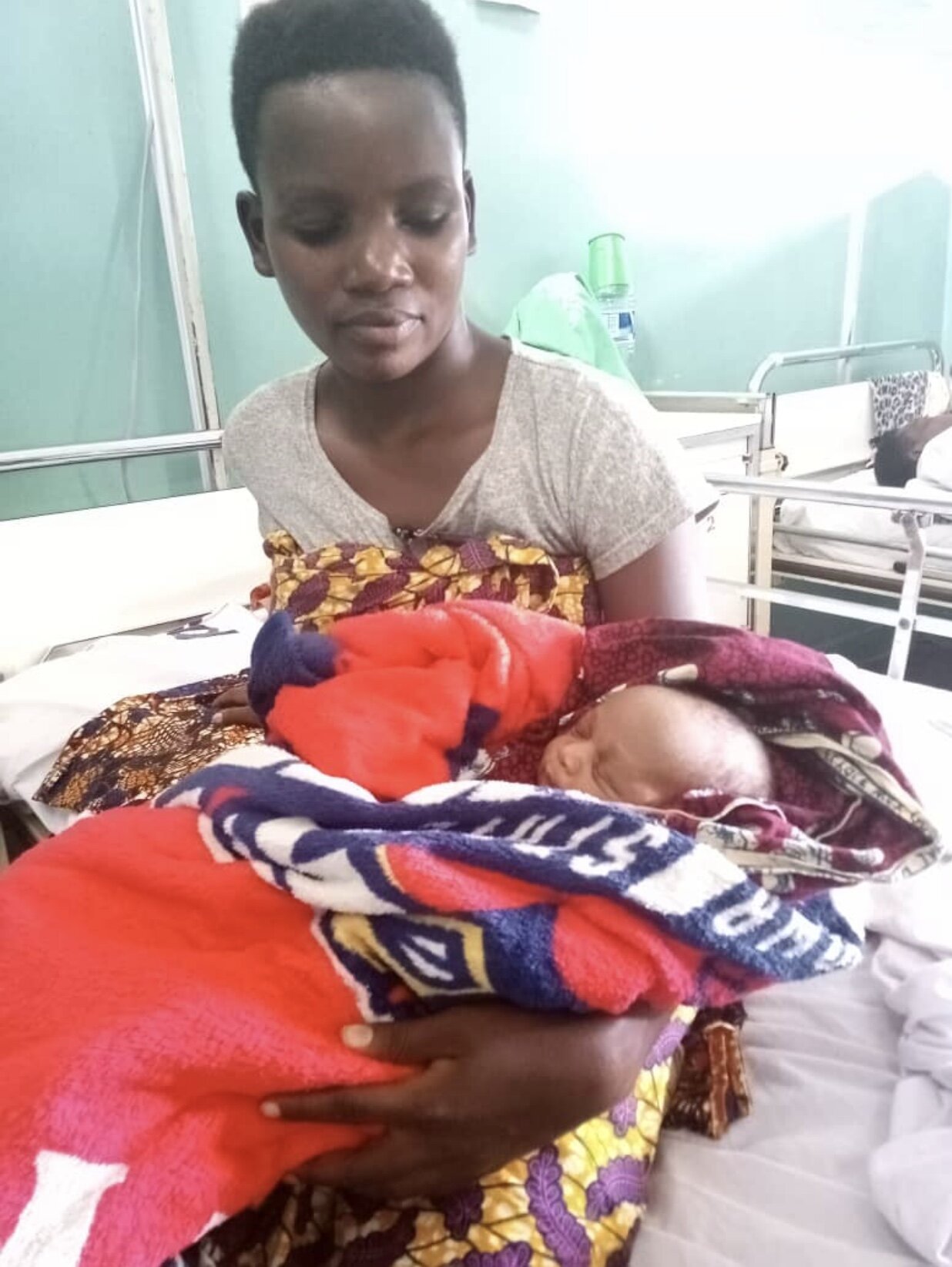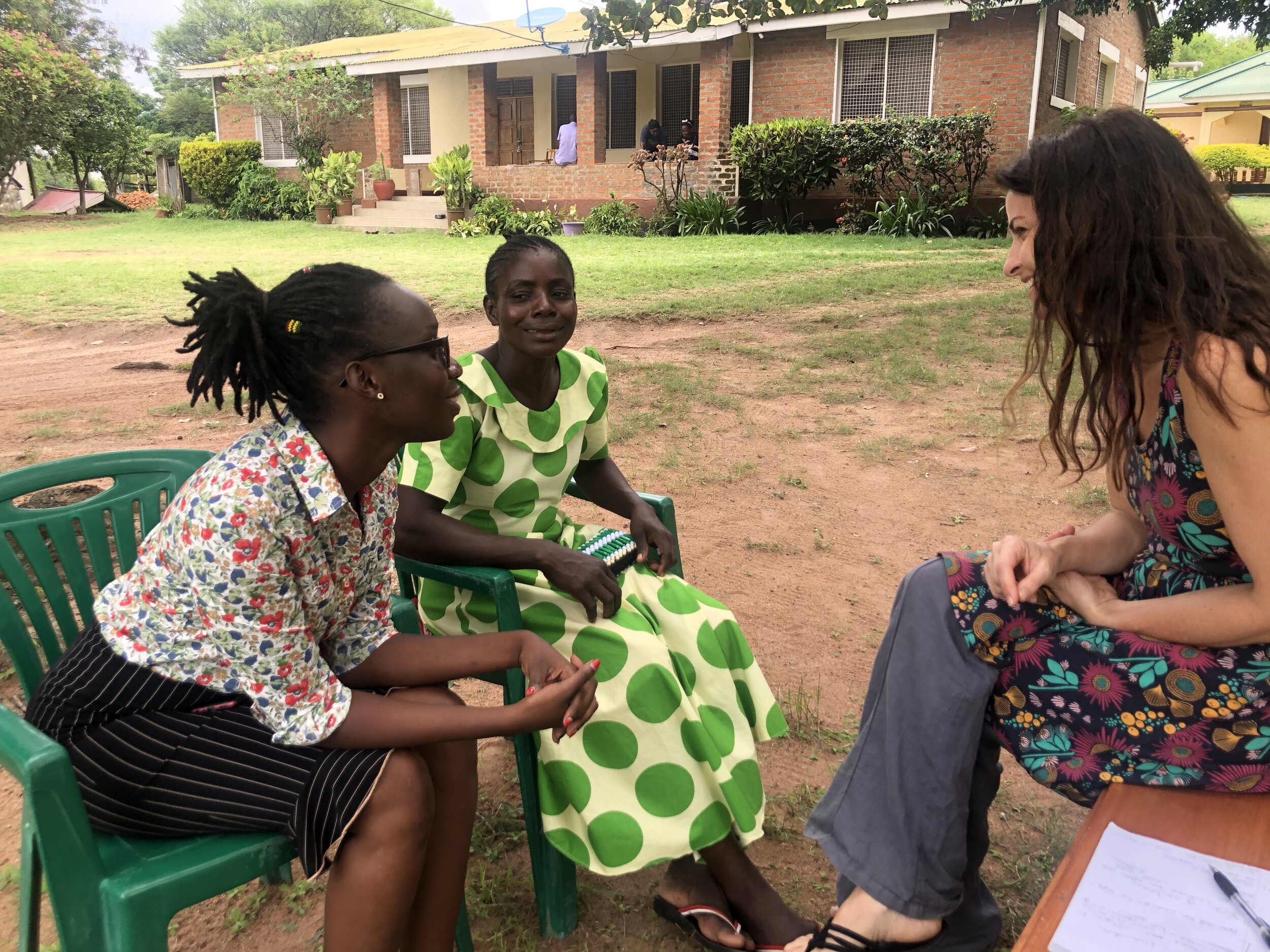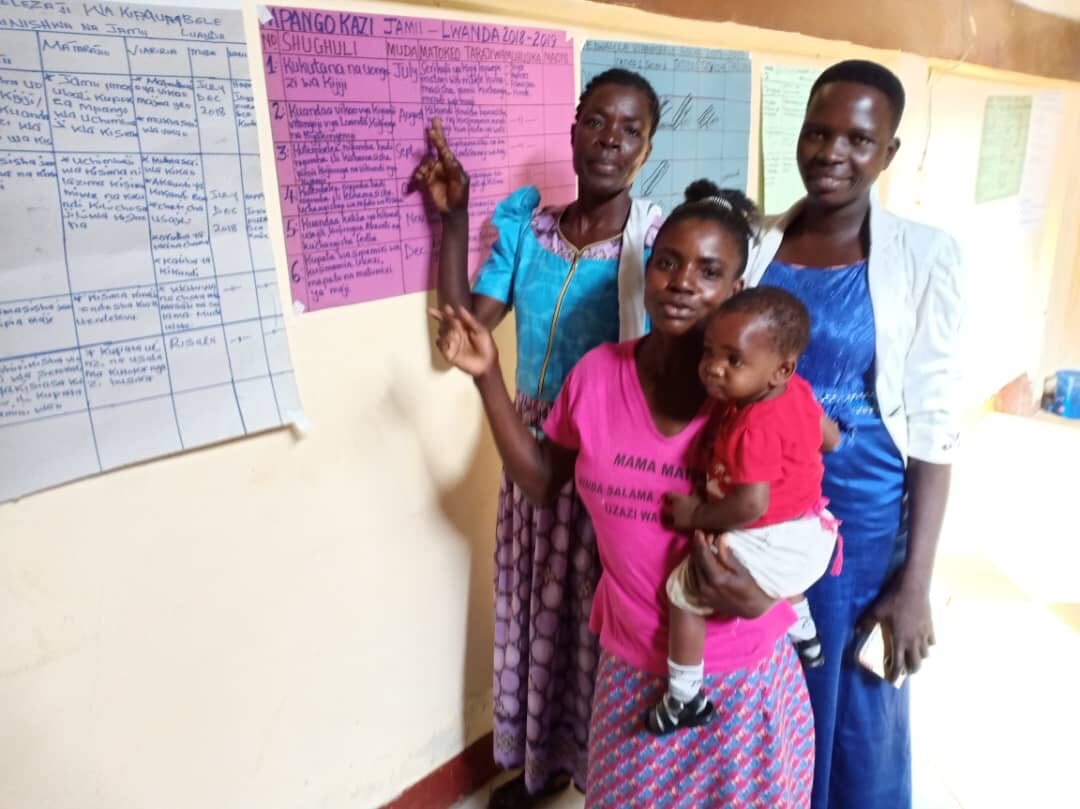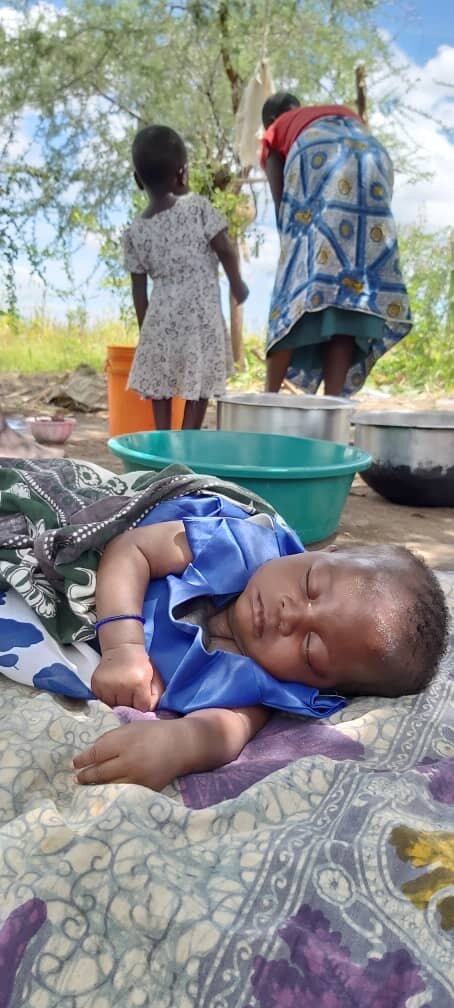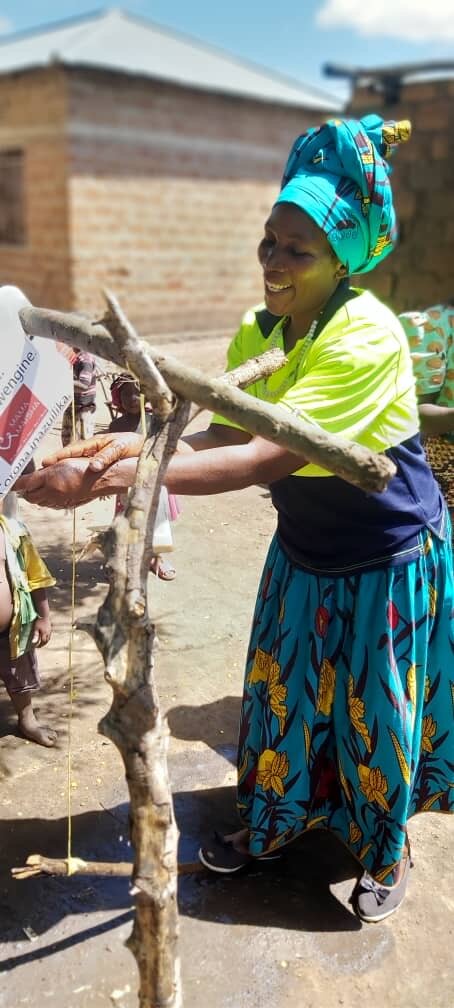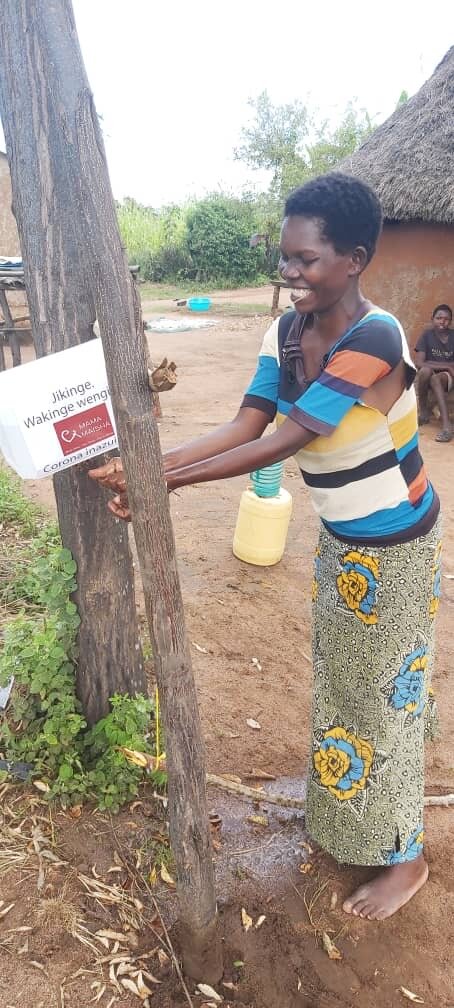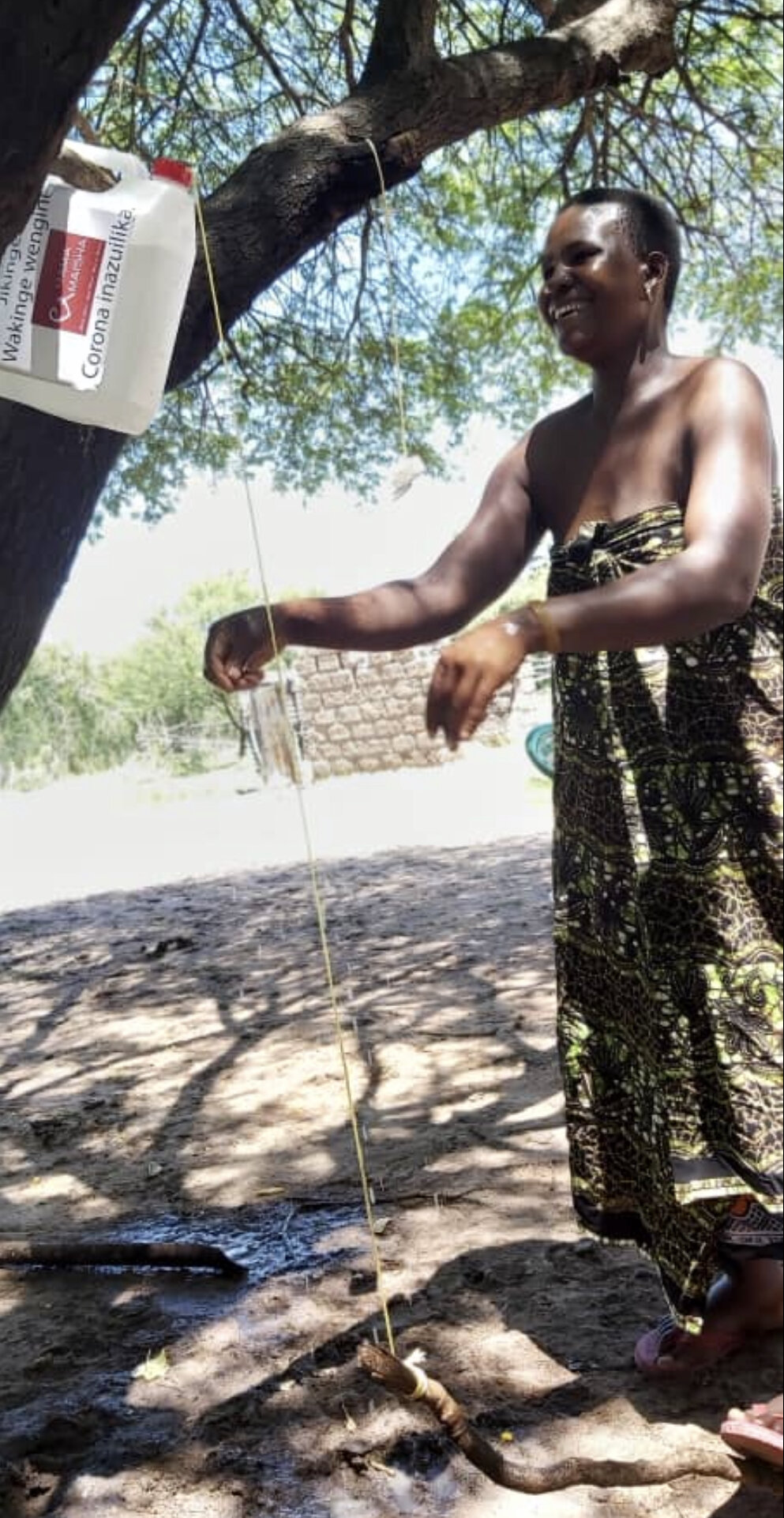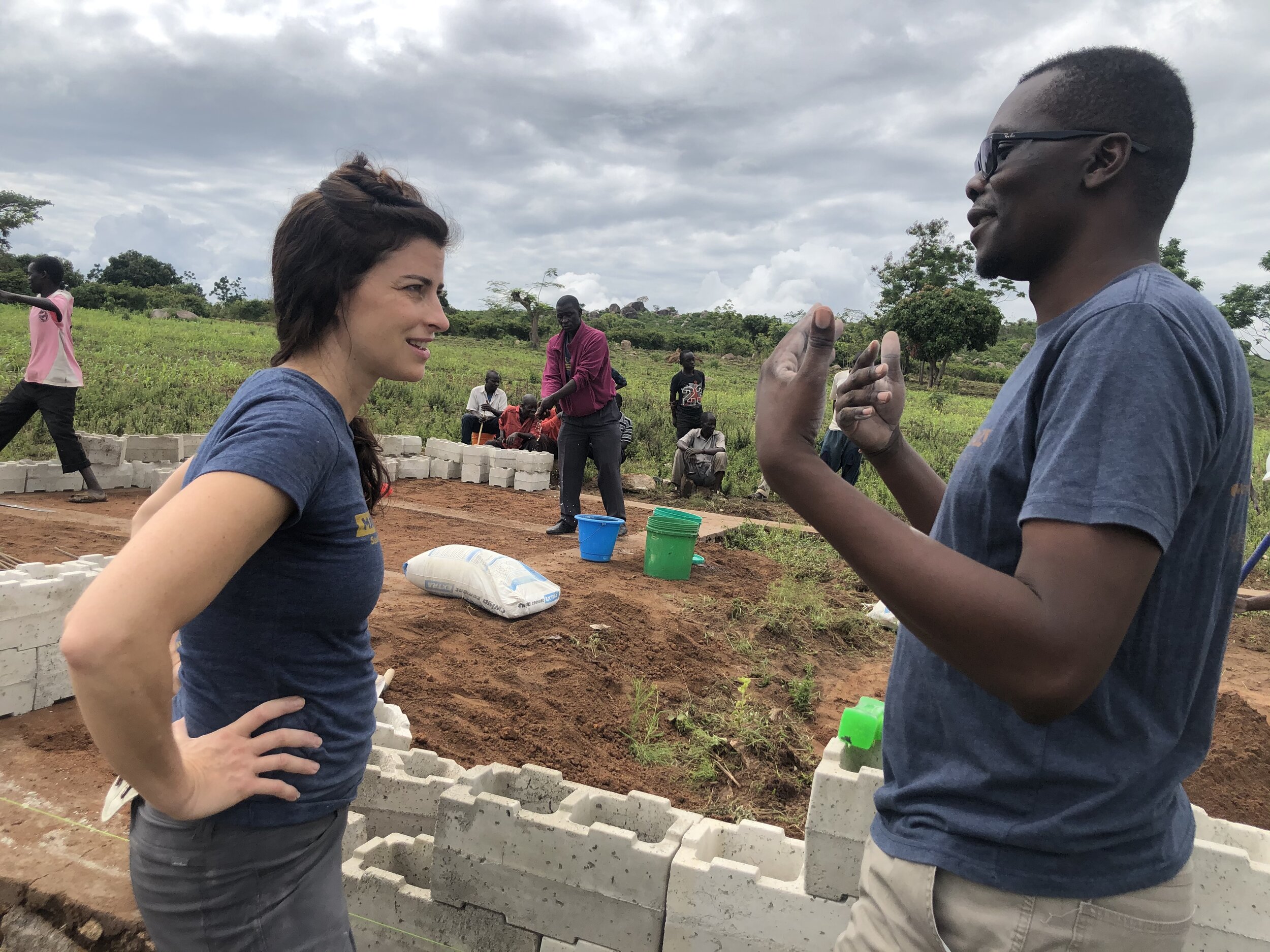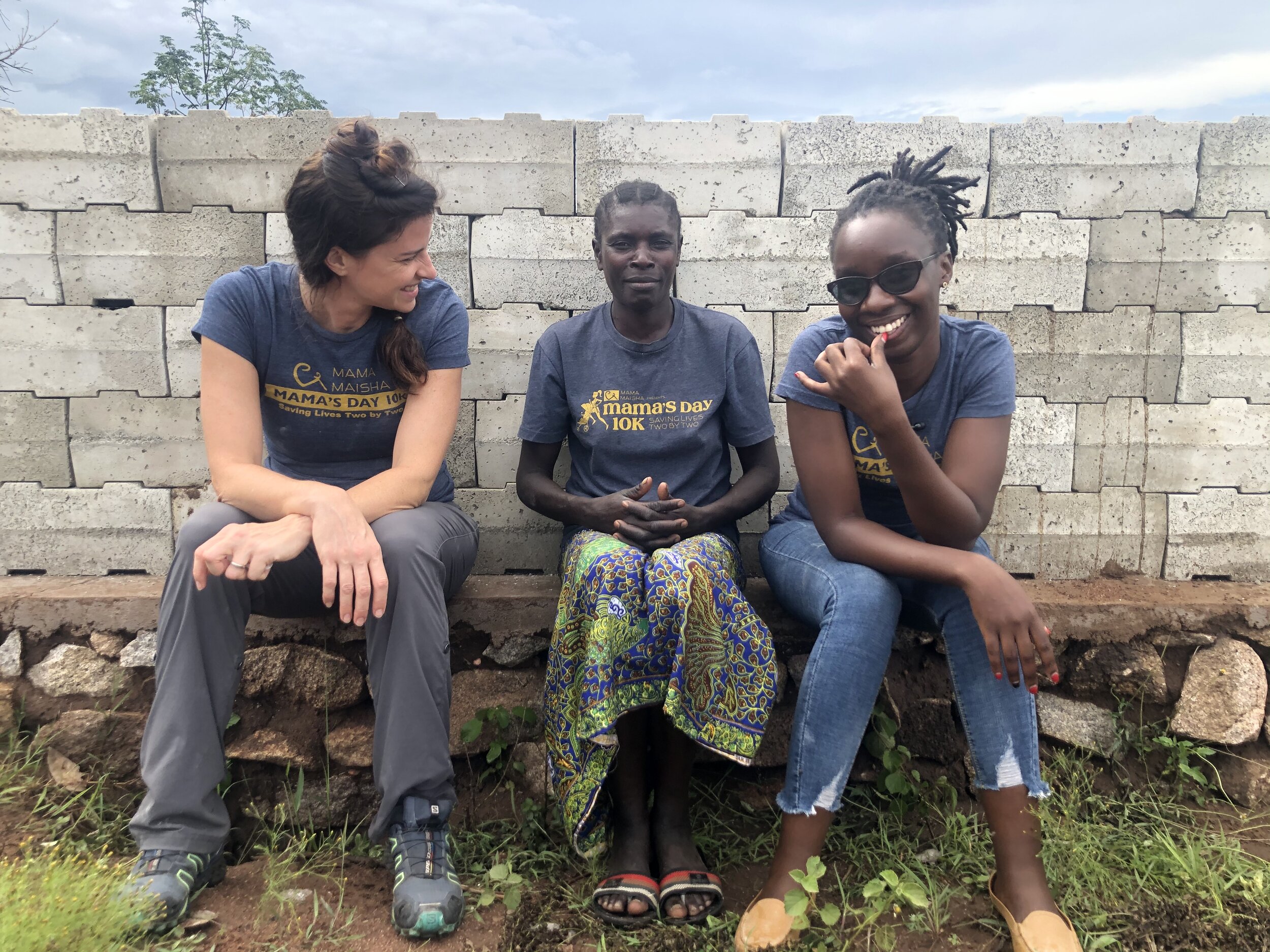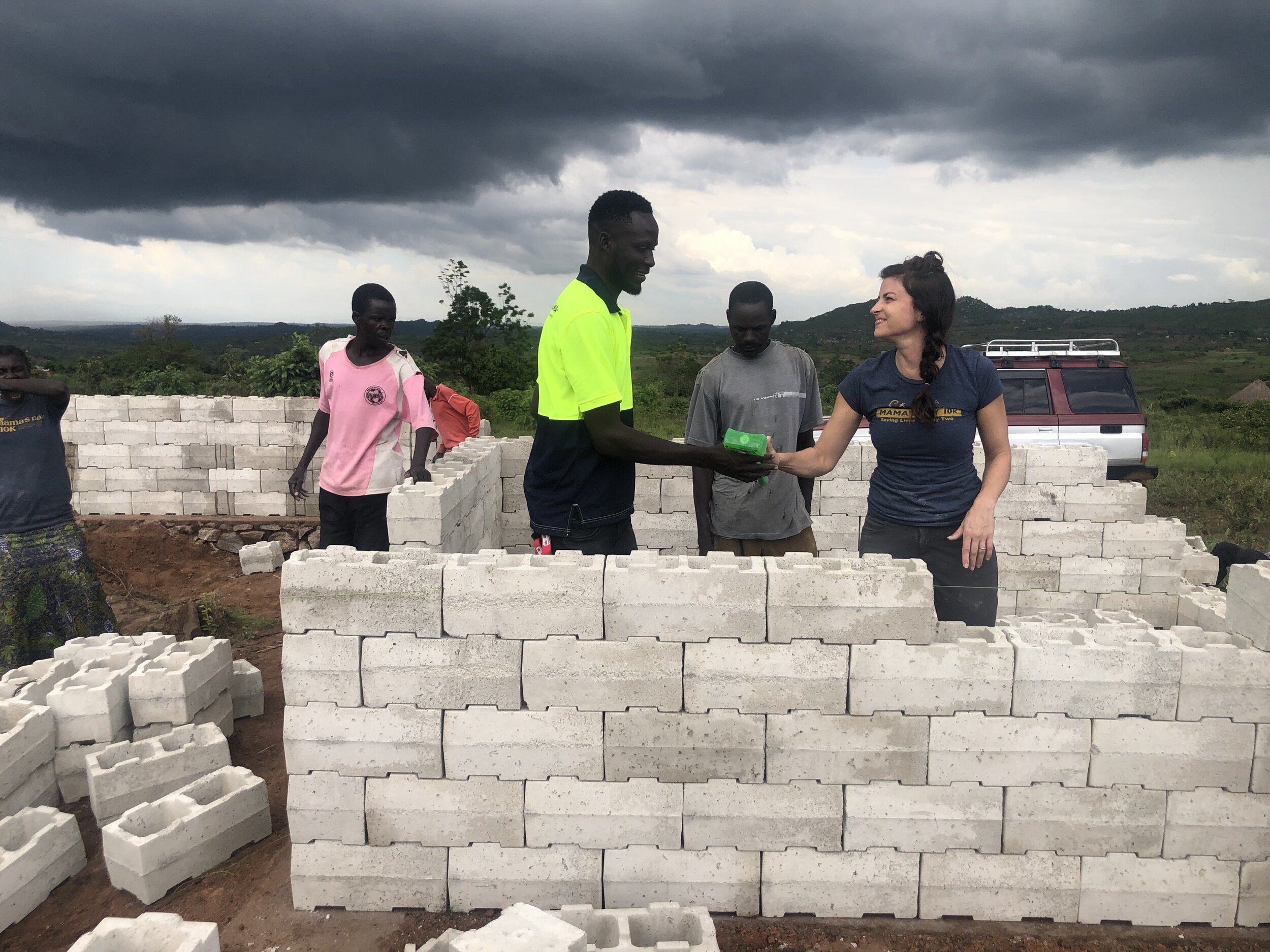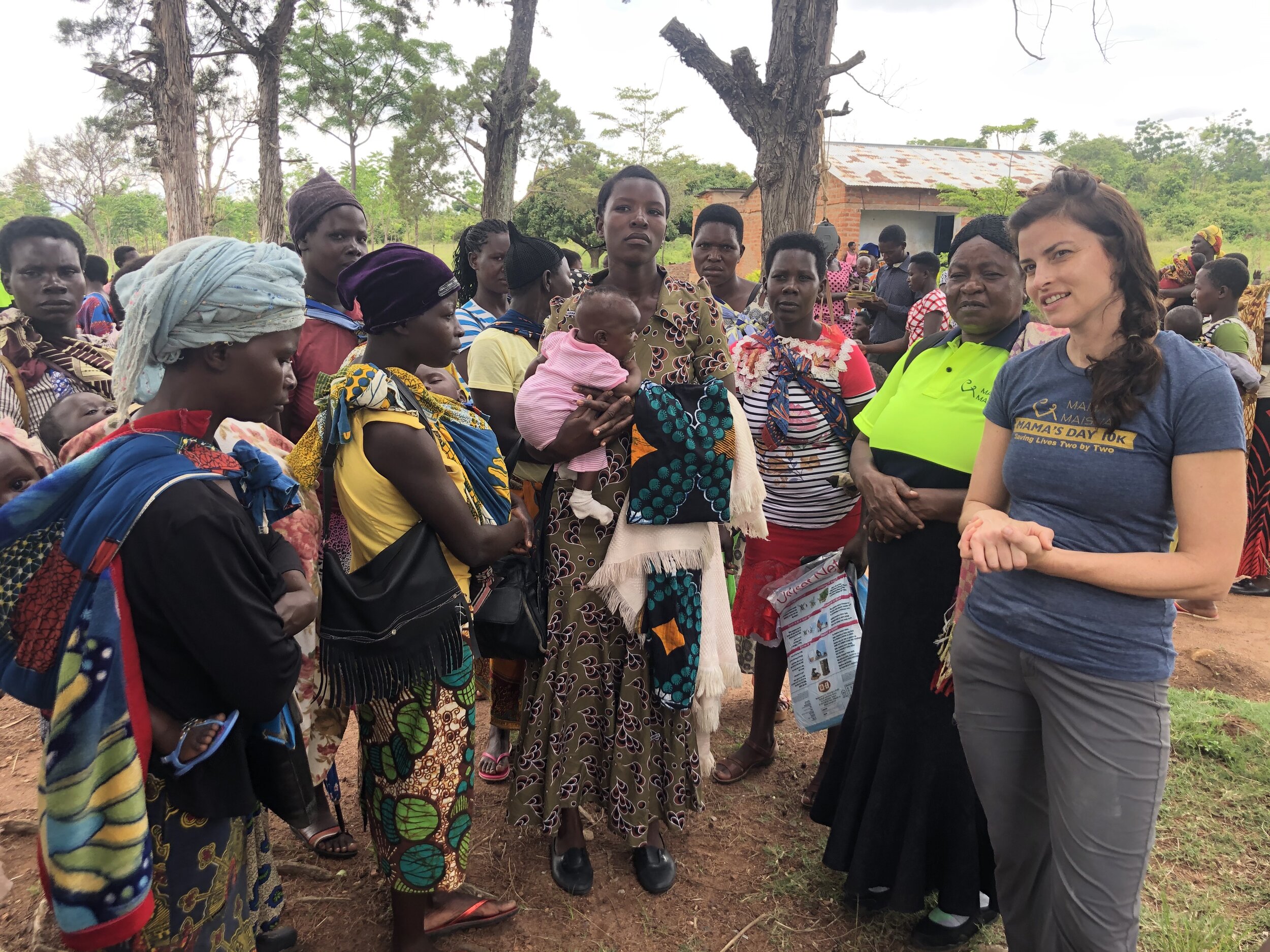Tanzania has one of the highest maternal mortality rates in the developing world with 1 pregnant woman losing her life every single hour.
If a mother dies, her newborn infant is much more likely to die, and such needless loss of life impacts families and communities for generations.
Our mission is to decrease the number of women dying from pregnancy related complications in the resource limited setting, by increasing knowledge of, and access to, health services and contraception. aLSO by empowering each woman to make choices for her own health and safety during all stages of childbearing.
Reducing maternal mortality requires that women deliver with a skilled health-care professional who can diagnose and treat or refer obstetric complications that can arise without warning. However, on average, only half of all deliveries in sub-Saharan Africa are attended by health professionals.
In rural Tanzania, the number of skilled health workers are limited, and health facilities may be a far distance for women in need. MAMA MAISHA trains local women as health education facilitators, named Maternal Health Advocates (MHAs) to address these challenges.
MHAs identify women of reproductive age in their outreach area and facilitate participatory community groups with a focus on improving maternal and neonatal health. MHA-led groups identify and address health challenges in their own villages, initiating a unique community action cycle to meet these challenges. MHAs also organize community events, make home visits to women of childbearing age in the village, accompany women to health facilities, facilitate transport to the health center in the event of an emergency, and promote public health topics.
The facilitated participatory community groups serve as a venue for education, social support and community action. Groups focus on the importance of antenatal care, delivery at a health facility and family planning/birth spacing, danger signs in pregnancy or labor, prevention of maternal to child transmission of HIV and other health issues, such as access to clean water, hygiene and nutrition.
Prost et al. Women’s groups practicing participatory learning and action to improve maternal and newborn health in low-resource settings: a systematic review and meta-analysis. Lancet 2013; 381: 1736–46
“Turn your wounds into wisdom”
happy adeck matiku
Happy is the mother of nine children and a MAMA MAISHA Maternal Health Advocate (MHA) in Luanda, Tanzania. She is an empowered woman - extroverted, friendly and welcoming - and incredibly passionate about women's health.
A new mother under Happy's guidance shared her birth experience; “I had delivered all my other children at home, but during my last pregnancy, Happy encouraged me to enroll in the MAMA MAISHA program. I learned about the importance of delivering my baby with the help of a skilled birth attendant and she told me why making a birth plan could make a difference." The mother made her birth plan and decided to deliver in the local hospital.
The labor and delivery went according to plan, but after her delivery, the new mother continued to bleed (bleeding/ hemorrhage, especially after delivery, is the number one cause of maternal death in Sub-Saharan Africa). Already in the hospital, MHA Happy ensured the mother was examined quickly and then received a blood transfusion that saved her life. Now fully recovered, the mother emphasizes the importance of Happy's work: “Thanks to Happy and MAMA MAISHA I am healthy and able to care for all my children today.”
Happy's commitment to her work not only ensures mothers and babies are healthy, but also impacts the knowledge in the community - creating a ripple effect with positive health seeking behaviors, impacting communities for generations.
“Nothing will work, unless you do.”
FRED OTIENO
Co-director of MAMA MAISHA in Tanzania, Fred Otieno, was buying materials for Tippy Taps, hand-washing stations, made with local materials, for our MHA’s (Maternal Health Advocates) and pregnant mothers and their families in Shirati, when a man he didn’t know followed him and said he really needed to talk to him. “Then the man said: I want to tell you why MAMA MAISHA is the only organization still alive here in Tanzania during the Coronavirus. Because you have skills, and you are teaching us and giving us the skills, to make the equipment to protect ourselves.”
Even in the Covid-19 era, MAMA MAISHA’s work goes on. Our non-profit is an exception in Tanzania, where many NGOs have left the country or their work is limited because staff must stay home to stay safe. MAMA MAISHA is in a unique position - our staff live permanently in Tanzania, and our MHA’s can still work because they live in the villages we serve. Our clients are their neighbors, friends and family, all members of their own community.
“Building community is to the collective as spiritual practice is to the individual.”
reta graham
The community came together, approached stakeholders, found a farmer who donated a piece of land, some stones, and then they all donated their time to build the building’s foundation together.
Friends of church organizer, Terry Janzen, donated the bricks, and MAMA MAISHA helped with with cement and (wo)manpower to create the walls.
By the end of 2020, this health facility will host pregnant women for checkups and babies for postnatal visits from several surrounding villages. So no, MAMA MAISHA didn’t build a health facility in Nyambogo - the community of Nyambogo built it!
“Pregnant women in our program on average have to walk 10 kilometers (over 6 miles) to a checkup at a health center, and we often hear the wish for a health center in central Nyambogo,” says Reta Graham, co-founder of MAMA MAISHA.
“But we are doctors and community organizers, not engineers or bricklayers. We don’t have the skills or the money to build and staff a health facility, we facilitate trainings.” So that’s what we did. We trained the people of Nyambogo how to use a Four Phase Model:
Identify the problem;
Create a plan with the community;
Put strategies into practice;
Reflect on the progress.


